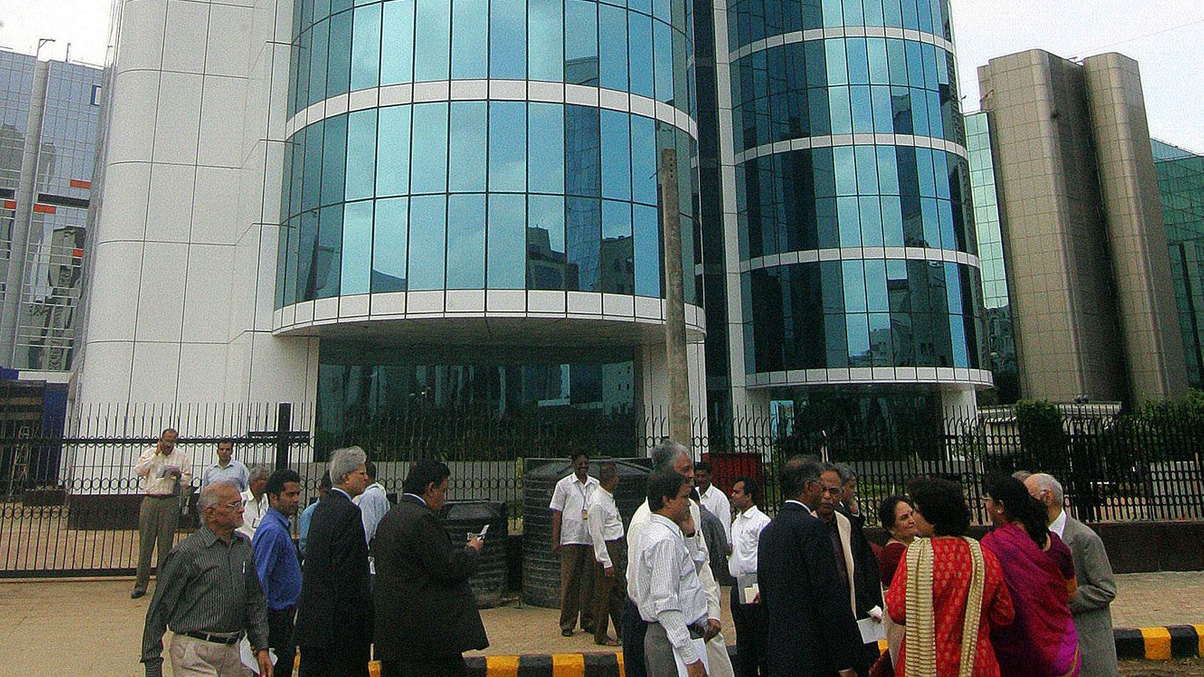India's MCX-SX struggling to lure foreign brokers
The new exchange may face an uphill battle to challenge the dominance of local rival the National Stock Exchange after a regulatory scolding.

Fledgling Indian bourse MCX-SX is likely to struggle to attract foreign broker-dealers as members and to challenge National Stock Exchange dominance after being ordered to improve governance by the regulator.
Sign in to read on!
Registered users get 2 free articles in 30 days.
Subscribers have full unlimited access to AsianInvestor
Not signed up? New users get 2 free articles per month, plus a 7-day unlimited free trial.
¬ Haymarket Media Limited. All rights reserved.


